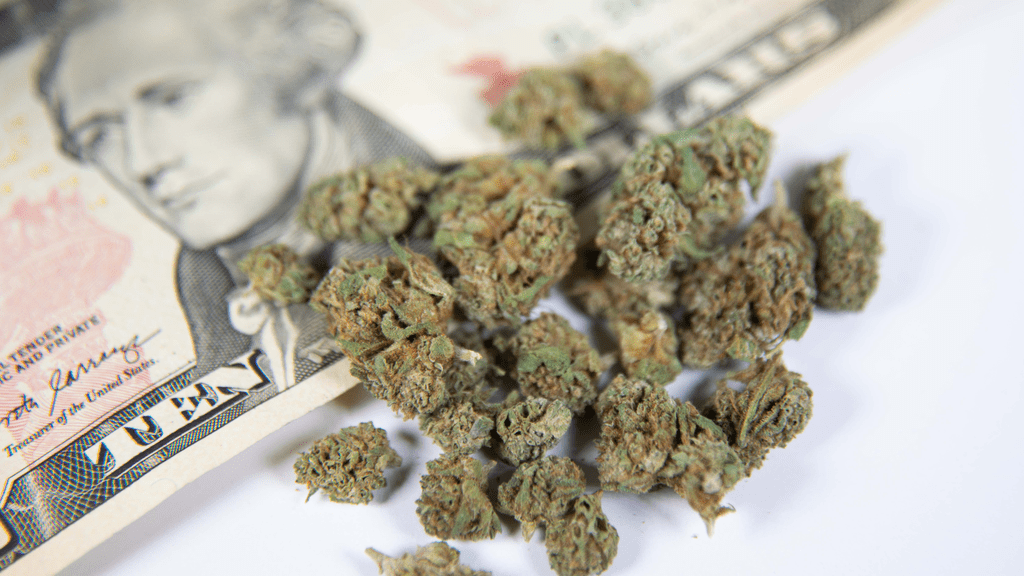Nevada levies multiple taxes on cannabis: a 15 % wholesale excise tax and a 10 % retail excise tax, in addition to standard sales taxes. These revenues generated approximately $120 million from excise taxes in FY 2023–24, on over $829 million in taxable sales.
Where Do Cannabis Taxes Go?
Following Senate Bills 543 and 545 (2019), most of the retail excise tax (10 %) is directed to the State Education Fund. The wholesale tax is split between the Cannabis Compliance Board (regulatory oversight), local counties, and education via the Distributive School Account.
In FY 2023–24, Nevada allocated roughly $76.8 million from retail excise and approximately $31 million from wholesale excise to K–12 education and oversight functions.
Is the Money Reused or Repurposed?
Education: While the influx supports schools, state and local funding formulas are adjusted so that cannabis tax revenue often replaces pre‑existing appropriations rather than adding new funding. As one local observer bluntly noted:
“the money coming in from marijuana sales is not added to, but reduced from the state’s school district allocation.”
This aligns with findings from independent research, noting that cannabis revenue, though growing, has not lifted Nevada from its position among the lowest-funded states for public education; bureaucratic delays and reallocation practices blunt its impact.
Economic Development and Public Services: Unlike other states—such as Colorado, Oregon, and Illinois—Nevada does not earmark cannabis revenue for public health, mental health, or infrastructure. Those states use cannabis taxes to fund designated initiatives; Nevada’s revenue is funneled into general education or regulatory administration.
Why Isn’t the Revenue Being Repurposed More Broadly?
Budgetary Structures: Nevada’s state budget relies heavily on formulas and pre‑set allocations. Once the legislature sets the general fund and education budgets, cannabis revenue is simply slotted into those categories rather than expanding total investment. It acts as a substitute, not an add-on.
Lack of Legislative Directives: Some states passed laws mandating dedicated use of cannabis taxes for mental health, addiction treatment, or economic development. Nevada has not enacted similar legislation, meaning funds default into broad categories with little transparency or directed impact.
Administrative and Timing Constraints: Complex distribution involving multiple levels—state legislature, Department of Taxation, Cannabis Compliance Board, counties—can delay and dilute strategic reinvestment.
Economic Impact
From a macroeconomic view, the cannabis industry contributes significantly to Nevada by generating taxable sales surpassing $5 billion since legalization. Yet, if revenues are simply replacing existing allocations, they fail to generate net new funding for sectors like education, mental health, or infrastructure.
Recommendations to Spur Growth
To convert cannabis tax into economic multipliers, Nevada could:
- Legislate dedicated use of portions of revenue for new initiatives (e.g. workforce training, public health).
- Encourage budget indexing, ensuring cannabis tax revenue expands overall spending rather than substituting funds.
- Increase transparency and tracking, enabling public awareness of where the money is spent.
- Consider pilot programs funded by cannabis revenue to seed entrepreneurship, social equity, or environmental projects—models proven effective elsewhere.


